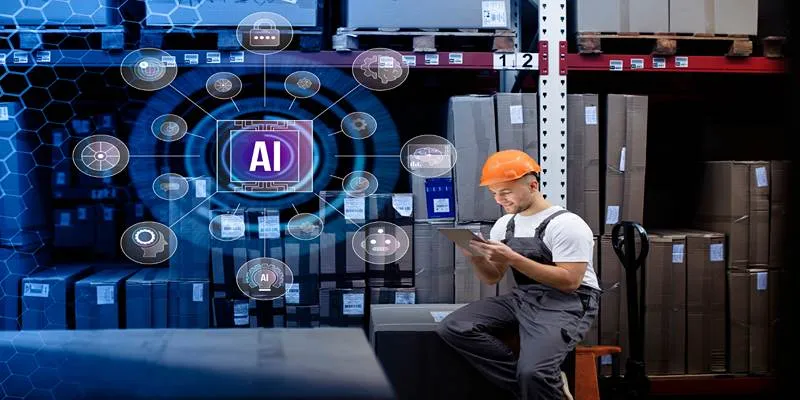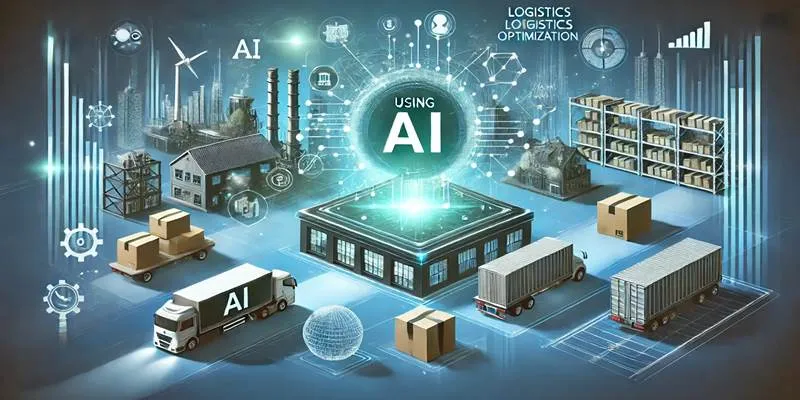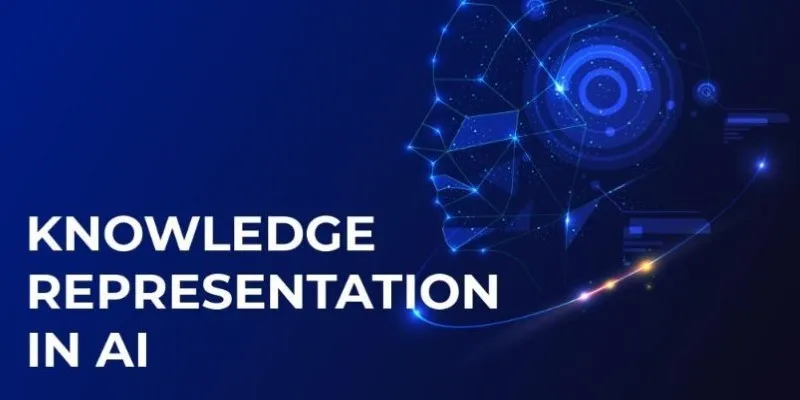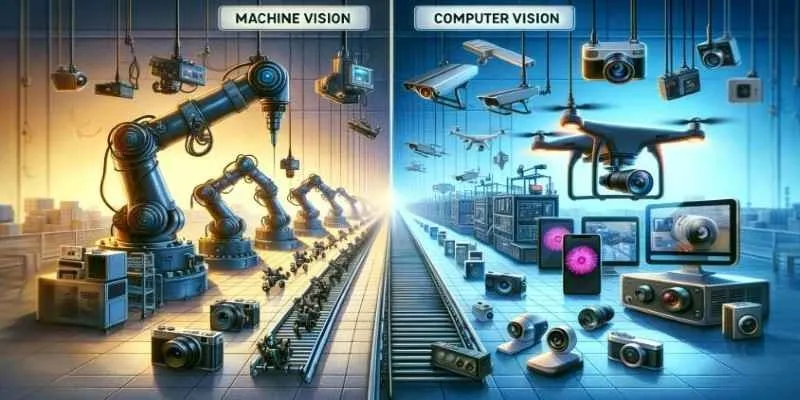In today’s fast-paced world, businesses are constantly looking for ways to improve their supply chains. Enter AI in supply chain optimization—a game- changer that’s transforming how products move from point A to point B. No longer just a buzzword, AI is helping companies tackle age-old challenges like inventory management, demand forecasting, and cost reduction.
By harnessing the power of data, AI can predict trends, automate processes, and provide real-time solutions, making supply chains more efficient and responsive. This article will dive into how AI is reshaping supply chains and why it’s becoming essential for businesses aiming to stay competitive.
How AI is Changing Supply Chain Management?
AI in supply chain optimization brings many new tools that help businesses make smart decisions. One of the most common uses of AI is demand forecasting. Companies often struggle to predict how much product they need to supply. AI studies past sales, seasonal trends, customer behavior, and even weather patterns to make accurate predictions.
Inventory management is another critical area. AI-powered systems can track inventory in real-time, alerting managers when stock is low or items are moving slower than expected, reducing waste and ensuring product availability.
AI is also enhancing supply chain transparency. With AI, businesses can track their supply chains thoroughly, making it easier to respond to issues before they escalate.
Moreover, AI is optimizing transportation by analyzing data to choose the most efficient routes, delivery times, and fuel costs, saving time and money.
Benefits of AI in Supply Chain Optimization
The benefits of AI in supply chain optimization extend beyond speed and cost savings. Risk management is improved as AI tools can predict and mitigate risks based on current data, ensuring continuity.

AI enhances customer satisfaction by ensuring timely delivery, accurate order tracking, and efficient service, leading to customer trust and loyalty.
Another advantage is sustainability, as AI helps reduce waste, lower costs, and minimize environmental impact by forecasting demand accurately and managing inventory efficiently.
Cost reduction is a significant outcome of AI implementation, saving money through demand prediction, inventory optimization, and efficient delivery route planning.
Real-time decision-making is facilitated by AI, enabling businesses to respond rapidly to changing demand and supply conditions.
Challenges of AI in Supply Chain Optimization
Despite its benefits, AI in supply chain optimization faces challenges such as the high cost of technology, data quality issues, integration complexities, resistance to change among employees, and cybersecurity risks.
Future of AI in Supply Chain Optimization
The future of AI in supply chain optimization is promising, with advancing technology making AI more accessible to businesses of all sizes. AI will bring smarter tools, faster decision-making, and enhanced sustainability to supply chain management.

AI will play a crucial role in managing global supply chains, predicting trade changes, reducing dependence on single suppliers, and ushering in autonomous supply chains with minimal human intervention.
Collaboration between businesses will strengthen through shared data platforms facilitated by AI, fostering better communication and cost savings.
Conclusion
AI in supply chain optimization is revolutionizing business operations by enhancing efficiency, reducing costs, and proactively managing risks. Despite challenges, the benefits of AI far outweigh the drawbacks, positioning AI as a key player in shaping the future of supply chains and driving innovation across industries.
 zfn9
zfn9























